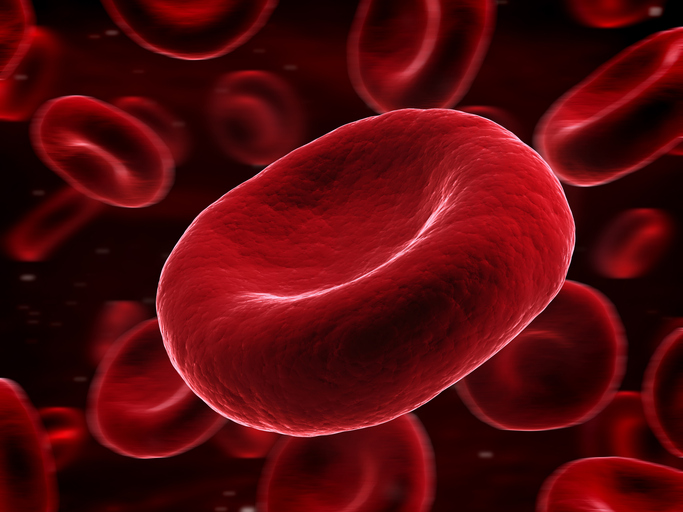
The blood moving through our veins isn't something most of us think about often, if at all. However, if your blood is too thick or too thin, this can lead to some serious health issues.
According to the site Blood Flow Online, blood viscosity refers to the thickness and stickiness of blood, which affects how blood flows. High blood viscosity - blood that is too thick - prevents blood from flowing normally, and research shows blood that is too thick increases the risk of developing heart disease or having a heart attack.
On the flip side, blood that is too thin may not clot properly due to lack of platelets in the blood, a condition known as thrombocytopenia.
So, how do you know if your blood is the right thickness?
According to Sriram Padmanabhan, MD, a cardiologist at the MedStar Franklin Square Medical Center in Baltimore, your blood may be more viscous than it should be if you have heart-related issues like blood clots or high cholesterol, or if you're a smoker.
READ: Lower High Blood Pressure With These 6 Drinks
You may notice that people with thin blood are more prone to have trouble stopping the bleeding from small cuts. Thin blood also promotes nosebleeds, excessively bleeding gums and even worse, vomiting blood or blood present in the urine.
Ways to Promote Healthy Blood Flow
A visit to your doctor should be the first stop if you're experiencing any of the symptoms or risk factors above. In some cases, medication may be necessary, but in general, making simple lifestyle changes can improve your blood viscosity. Get your blood flowing - literally! - with regular exercise, which helps reduce blood pressure, reduce cholesterol and promotes healthy weight loss. Decreasing the fat in your diet can also help.
For blood that is too thin, foods containing salicylates, substances that block vitamin K, should be avoided if at all possible. Vitamin K helps your blood clot, so you definitely don't want to block that! Foods to avoid include:
- Herbs and spices such as curry powder, cayenne pepper, ginger, paprika, thyme, cinnamon, dill, oregano, turmeric, licorice and peppermint
- Fruits like strawberries, raisins, prunes, cranberries, blueberries, grapes, tangerines and oranges
- Chewing gum, honey, peppermints, vinegar, wine and cider
- Fish with omega-3 fatty acids (which lower the blood's chances of clotting) like anchovies, salmon, albacore tuna, mackerel, lake trout and herring.
Aspirin, known to be a popular blood thinner, is also a salicylate and should be avoided as well.









